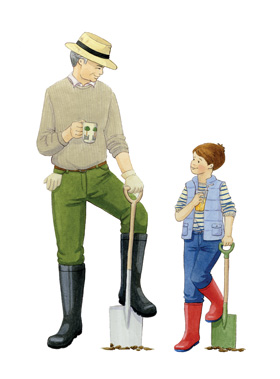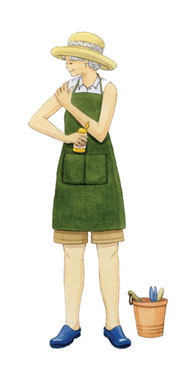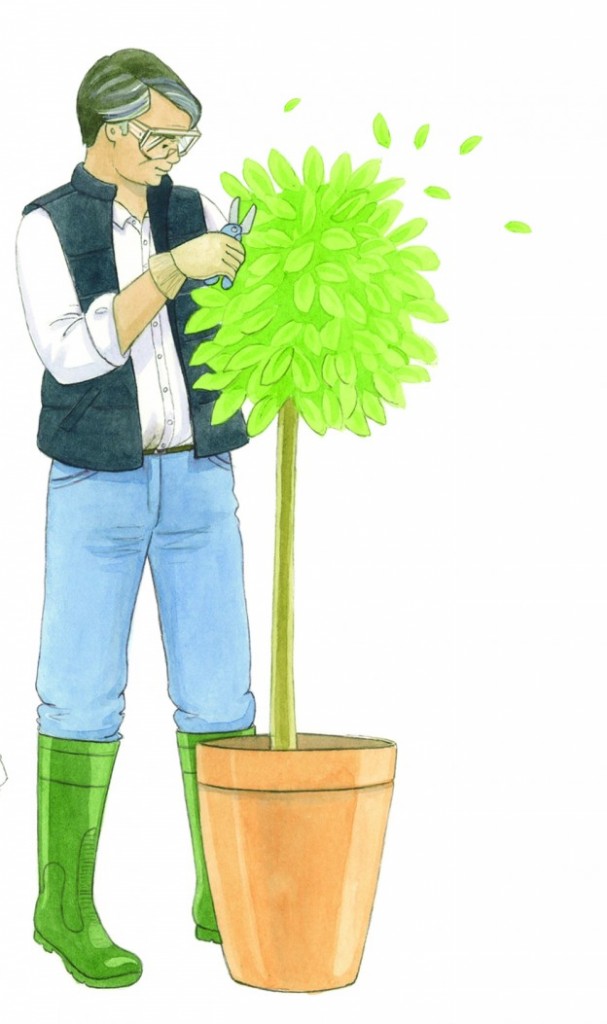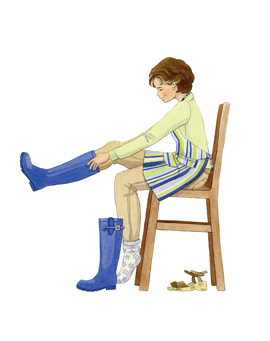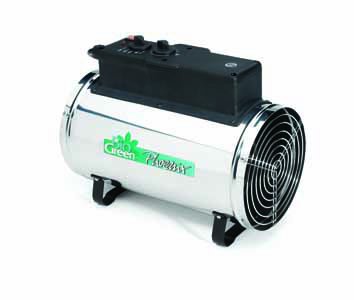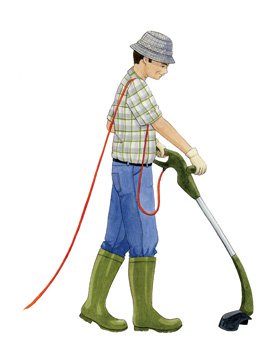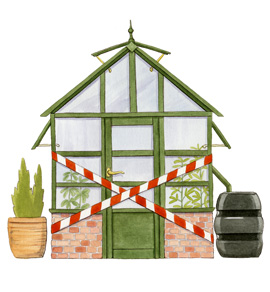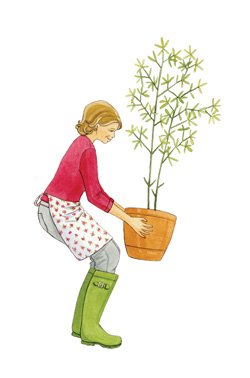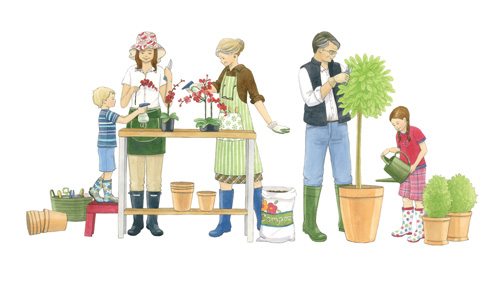
Gardening can be a pleasure for 365 days of the year. Whatever the weather outdoors, a greenhouse is a year-round refuge where there’s always some activity to enjoy, whatever the season. But it’s not just the weather which can spoil our gardening activities. Growing plants involves not just our creative talents but also skill and physical effort. A sensible and practical approach to all gardening tasks will provide valuable exercise, and help to keep you injury-free. This guide provides tips on how to make your garden a safer, incident-free zone, both indoors and out!


